Herbal tea has many health benefits and has now become a popular beverage in daily life, especially favored by women. However, herbal tea should not be consumed carelessly, as improper drinking can harm the body. Pay attention to the following points when drinking herbal tea:
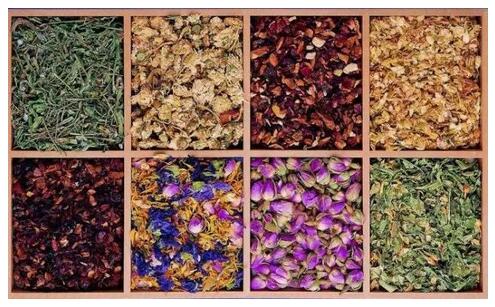
Key Point 1: Not all herbal teas can be consumed daily.
Herbal plants have their own nature, flavor, and effects, so adjustments should be made based on individual constitution, symptoms, and timing. It’s not a matter of finishing what you buy!
For example, balloon flower root can soothe a sore throat, but long-term use may lead to spleen and stomach coldness, loose stools, and loss of appetite.
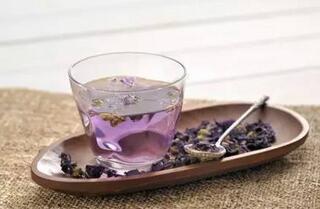
Key Point 2: Drink tea according to your condition.
This requires understanding two things—your own constitution and the properties of the tea, which are key to choosing the right herbal tea.
For instance, women are often recommended rose tea or motherwort tea, but those with severe qi deficiency should drink less rose tea, as it promotes qi circulation. Women with yin deficiency or blood deficiency may worsen their condition with motherwort’s blood-activating effects. Cassia seed tea improves eyesight but harms those with cold spleen and stomach.
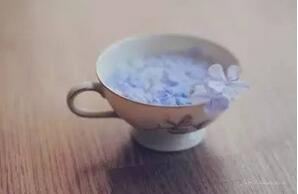
Key Point 3: Be aware of incompatible tea combinations.
When mixing herbal teas, pay attention to their interactions. Separate warming teas from cooling teas and avoid consuming them together.

Key Point 4: Understand the "nature" of teas.
Hot constitutions should drink cooling teas, while cold constitutions should drink warming teas. Neutral teas suit all constitutions.

Cassia seed tea: Bitter and cooling, it lowers blood pressure, clears the liver, improves eyesight, and relieves constipation. Raw cassia seeds often cause diarrhea, so those with spleen deficiency or pregnancy should avoid it. Those on blood pressure medication should be cautious to avoid excessive lowering.
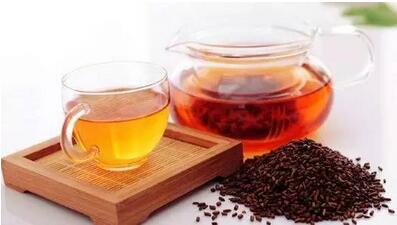
Goji berry tea: Sweet and neutral, it nourishes the liver and kidneys, improves eyesight, enriches blood, and boosts immunity. Avoid it during fever, diarrhea, or inflammation.

Peppermint tea: Pungent and cooling, it disperses wind-heat, clears the head, soothes the throat, and relieves stagnation. Avoid it at night, during pregnancy, or for those with yin deficiency and excessive sweating.
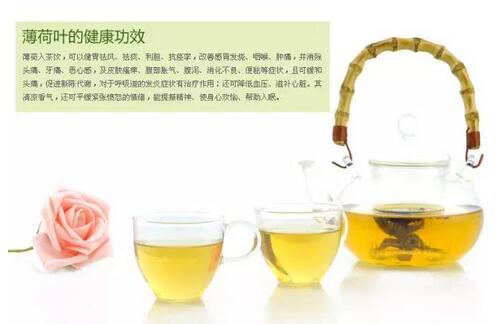
Lotus seed heart tea: Bitter and cold, it clears heart heat, stops bleeding, and quenches thirst. Those with cold spleen and stomach or cold-damp constitutions should avoid it.